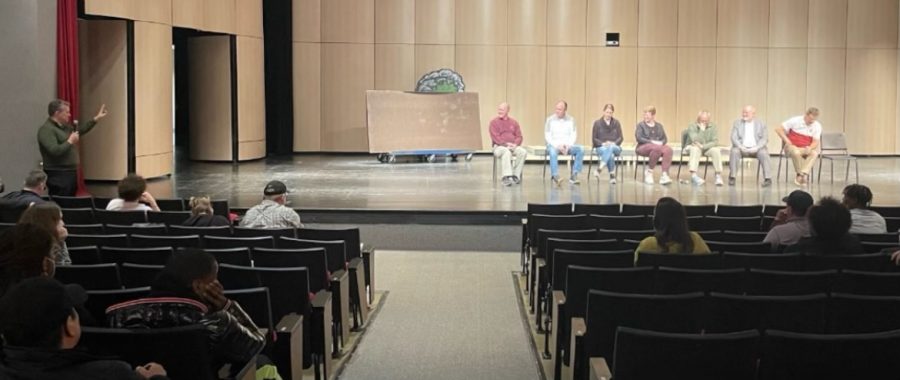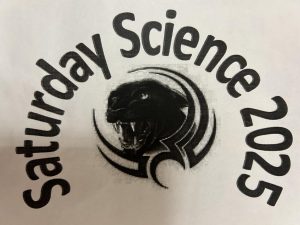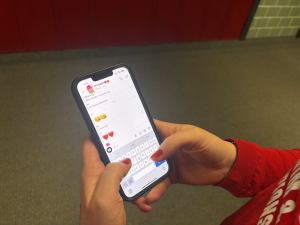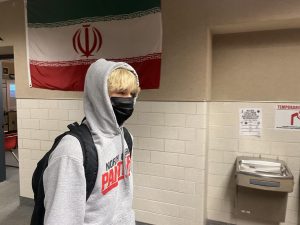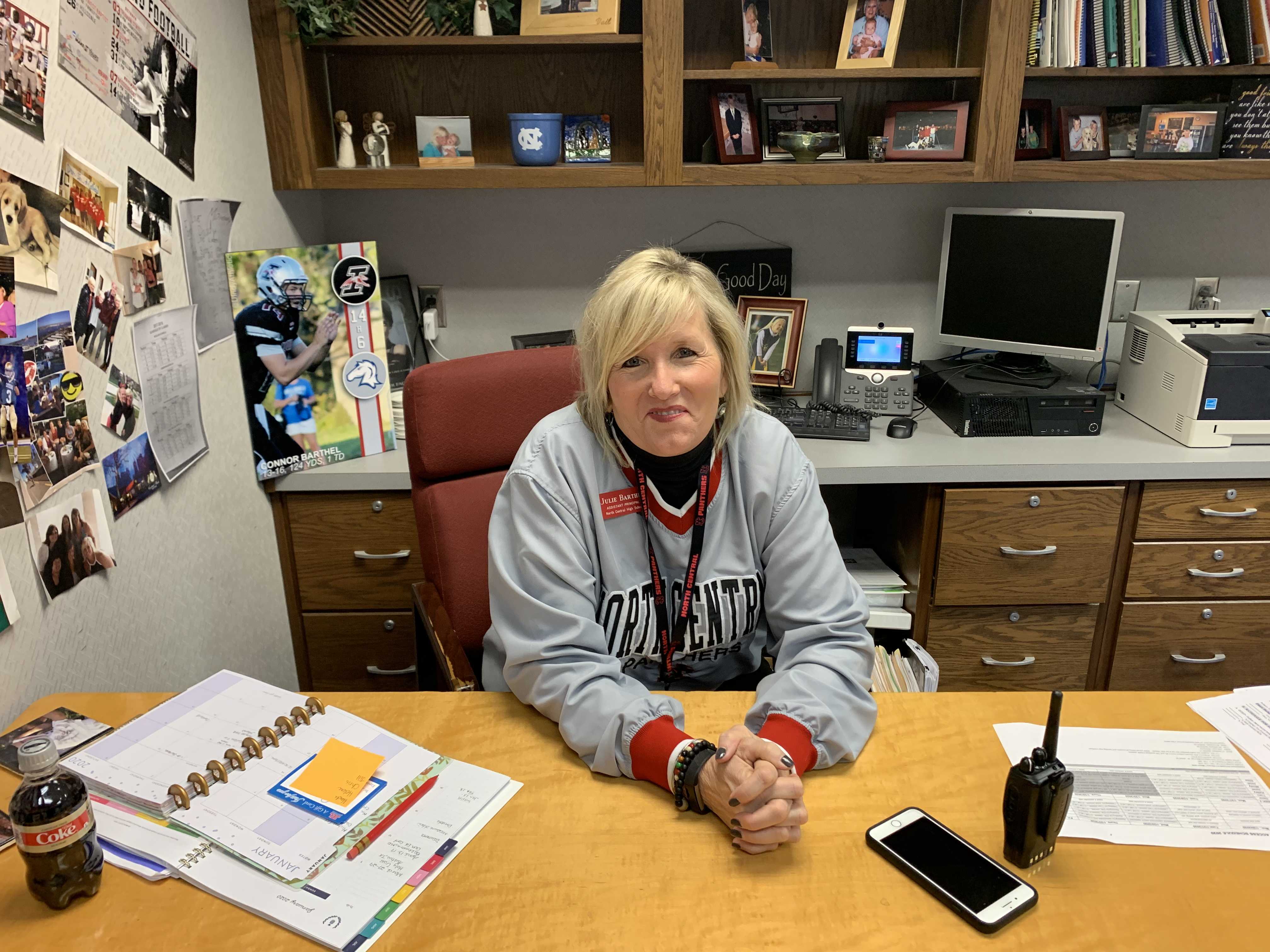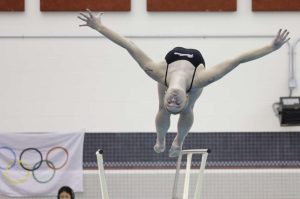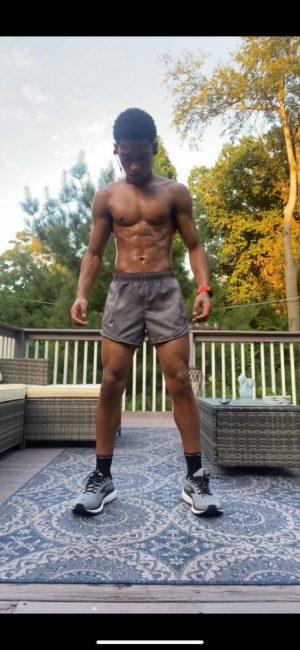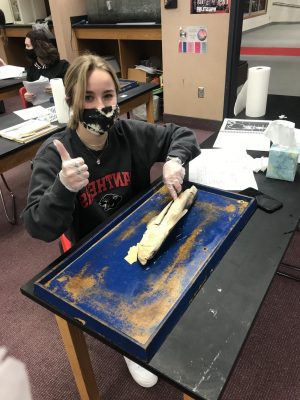Volunteers provide advice for aspiring collegiate athletes
February 14, 2023
Last Tuesday, the Athletic Board hosted a college athlete recruiting workshop in the Performing Arts Classroom.
The workshop consisted of a seven-person panel with experience in athletic recruitment, including parents of NC alumni and coaches. The panel included (from left to right in photo): Tim Maguire, Pat Nolan, Mary Beth Baker, Anndi Maguire, Brad Lough, Paul Green and former boys soccer coach Jerry Little
Throughout the workshop, parents and athletes were able to ask their questions regarding the recruitment process.
The panel also gave personal advice on how to navigate recruitment. In having experience with the dos and don’ts, they were able to give valuable tips to both the parents and the athletes.
The main subject was how to balance academics and athletics, which is a common issue that arises while students decipher what school suits them best. Many athletes, either due to personal choice or outside instruction, sacrifice their academic standards in order to meet their athletic aspirations.
In many cases, this turns the college experience into a negative one, an instance that Nolan is familiar with.
“Time is a terrible thing to waste. Let them study and learn what they want to, what they are dreaming to be once they get out of school,” Nolan said.
He claims that the main objective of a collegiate athlete is to find a program that they can stay in for four years, rather than transferring.
To do so, Nolan recommends that students and their parents become familiar with the school and the program. By asking alumni and current athletes about the college atmosphere, students can predict whether or not the school will be the right fit for them in the long-term.
“Make sure you like the school,” Baker said, adding to Lough’s comment.
Paying attention to the school’s current position is a good way to alleviate the anxiety most students feel in terms of what their stance will be within a program.
“You need to have a good evaluation. You see the team that you want to go play for. Whose spot can you take now? Is there someone starting on that team right now that you can take their spot?” Little said.
Maguire said knowing the coach’s plan is a great way to decide what programs are the most beneficial. A coach has no obligation to stay within a program, so it is important to know if there is a possibility that a coach will move to a different college.
“Try to ask the questions to the coaches: ‘What’s your plan, coach? Are you going to be here?’ The recruiting process is a two way street. You want to get information from them as much as they want to get information from you,” Maguire said.
The recruiting process can be daunting, but can be made easier when managed properly.
“Try to slow it down a little bit, enjoy it all and ask as many questions as you can,” Lough said.
Thanks to the Athletic Booster Club, the workshop allowed numerous parents and students to feel more at ease about the recruitment process and learn more about recent recruiting experiences.
The Booster Club will be hosting a fundraiser on the night of March 19 at Top Golf. The club’s president, Tray Phillips, is hopeful that the money raised will allow them to provide other resources to aid student-athletes and their parents as well as better the athletic experience at NC.

